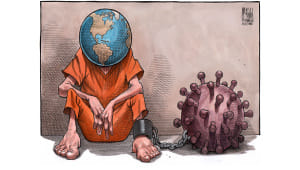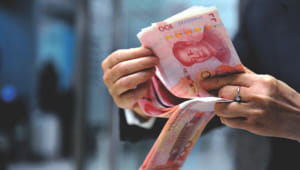Francis Fukuyama
Pandemics and Political Performance
1 July 2021, 18:00 PM
The Covid-19 pandemic has created a laboratory for testing different governance systems in the face of a public-health crisis, ultimately revealing massive variance in country performance.
1 July 2021, 18:00 PM
PROJECT SYNDICATE / The emergence of a post-fact world
31 December 2016, 18:00 PM
One of the more striking developments of 2016 and its highly unusual politics was the emergence of a “post-fact” world, in which virtually all authoritative information sources were called into question and challenged by contrary facts of dubious quality and provenance.
31 December 2016, 18:00 PM
Project Syndicate / Exporting the Chinese Model
31 January 2016, 18:00 PM
As 2016 begins, an historic contest is underway over competing development models – that is, strategies to promote economic growth – between China, on the one hand, and the US and other Western countries on the other. Although this contest has been largely hidden from public view, the outcome will determine the fate of much of Eurasia for decades to come.
31 January 2016, 18:00 PM





